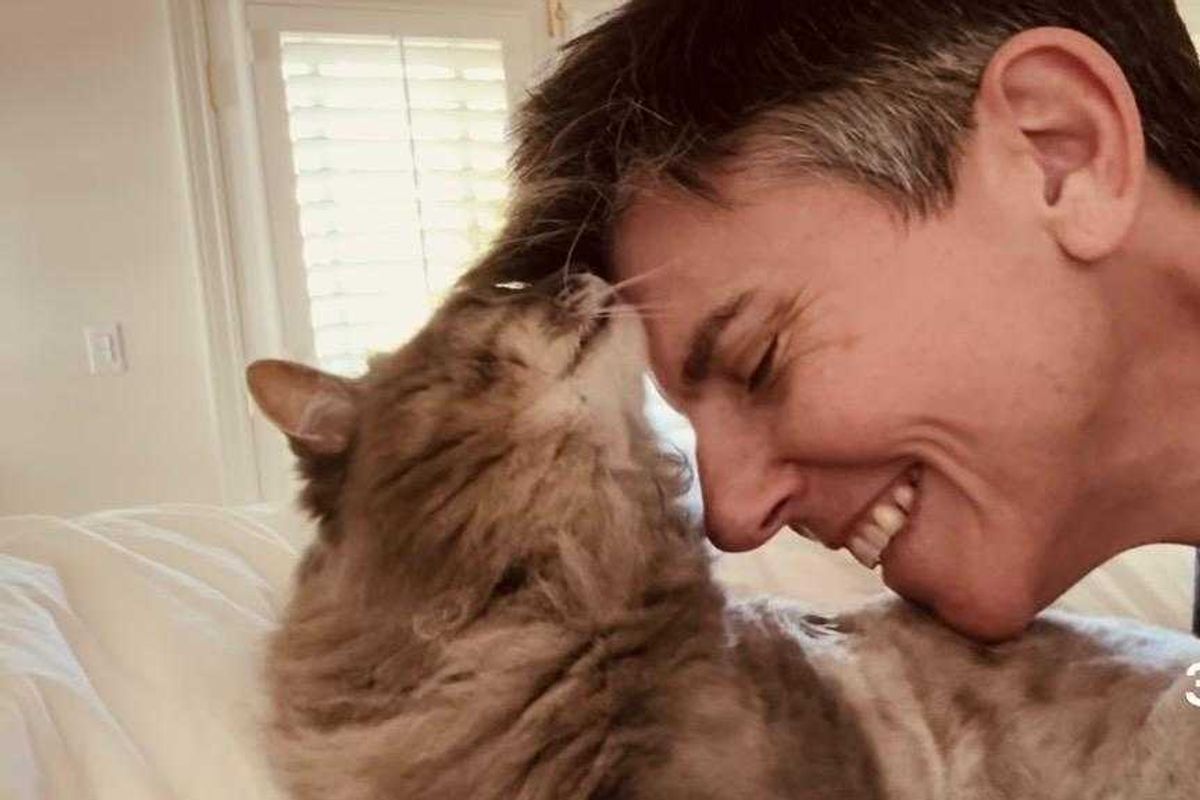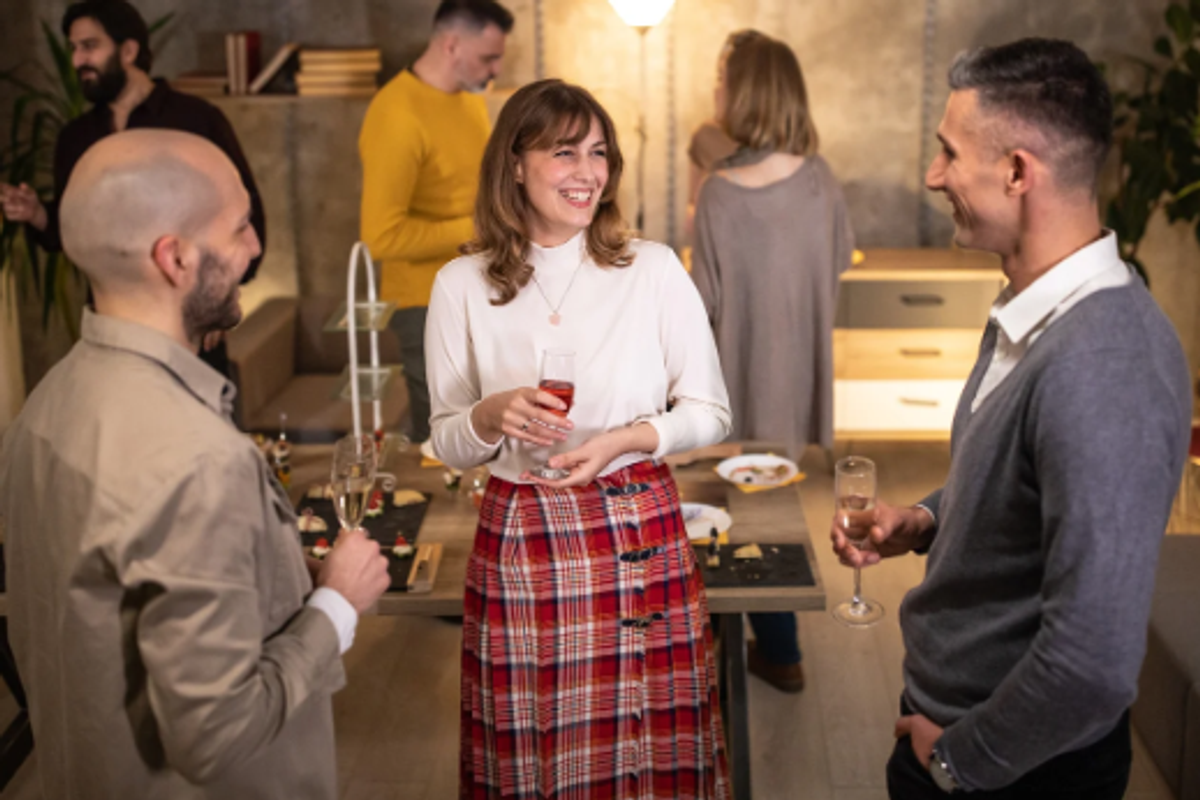Researchers have pinpointed the reason why creative people often come from broken homes
There's a long list of creative geniuses who had hard childhoods.

A woman painting.
Why do some people feel they are devoid of creativity, while others are bursting at the seams? A new study published by The Conversation has found that creativity is closely related to how people were raised and that there are two wildly different upbringings that produce creative adults.
The first type of creative person is raised in stable circumstances and has support from their parents to pursue their craft. They are given lessons and have ample resources to learn more about what they love. The other type of creative person is someone who endured trauma at a very young age and developed a deep inner world to help them combat persistent anxiety.
Does trauma result in creativity?
It makes sense that many of the creative giants of our time, Vincent van Gogh, Charles Dickens, John Lennon, Oprah Winfrey, Beethoven, Michael Jackson, and Frida Kahlo, all endured difficult childhoods, and it may be the catalyst for their incredible creativity. In Donald Winnicott’s 1971 book Play and Reality, the famed psychoanalyst notes that when children are young and have separation anxiety from their parents, they cling to “transitional objects” and specific behaviors. When the absence is prolonged and difficult, the behaviors transform into creativity.
“Some academics have proposed a model to explain this phenomenon,” Carlo Valerio Bellieni, Professor of Pediatrics, Università di Siena, writes at The Conversation. “Up to a certain level of separation or neglect from parents, the capacity to develop talents grows, but beyond a certain limit this decreases and alterations in social behaviour become more acute.”
Bellieni says that when young people experience trauma, it causes them to create a “parallel mental world” to shield themselves from the outside world. “The conclusion is that, paradoxically, children raised in an unfavourable environment can develop their own inner creative world to survive the stress, but in several cases, at the cost of producing mental health disorders,” Bellieni writes.

How does childhood adversity result in creativity?
To put it simply, when young children experience trauma, they develop a more robust imagination than those who do not, which gives them a fertile ground for the creative process.
Bellieni’s findings are echoed in a 2018 study by California State University, Northridge that analyzed 234 professional performers. The study found that the performers experienced a higher rate of childhood trauma and neglect than those who were not in the performing arts. The performers who experienced adverse childhood experiences were found to be more absorbed by the creative process and more receptive to art.

"Lastly, [this] group identified greater appreciation for the transformational quality of creativity, in particular, how the creative process enabled a deeper engagement with the self and world. They recognised that it operated as a powerful force in their life," the researchers wrote, "So many participants in our sample have experienced poly-traumatization and yet they also embrace their passion for performance and creativity. They are embracing ways to express all that is human."
Ultimately, creativity can stem from two very different places: support or neglect. But whether it is shaped by love or loss, creativity helps propel our world forward and is a wonderful gift that helps us all better connect to the world around us. Let’s hope that as these wounded creatives share their gifts, they also find healing along the way.



 Meatloaf was a staple dinner.
Meatloaf was a staple dinner. Spaghetti is still a classic.
Spaghetti is still a classic. Why were pork chops so popular?
Why were pork chops so popular?


 First Lady Jacqueline Kennedy greets guests before a reception for the Wives of American Society of Newspaper Editors Members.via
First Lady Jacqueline Kennedy greets guests before a reception for the Wives of American Society of Newspaper Editors Members.via  A gorilla walking on its knuckles. via
A gorilla walking on its knuckles. via 
 Cooking at home is almost always cheaper than eating out, and often significantly so.
Cooking at home is almost always cheaper than eating out, and often significantly so. Bulk spices often cost a fraction of what they cost in jars.
Bulk spices often cost a fraction of what they cost in jars. Growing your own food can save you money.
Growing your own food can save you money. Biking is free.
Biking is free. Public libraries are treasure troves of free items to borrow.
Public libraries are treasure troves of free items to borrow.